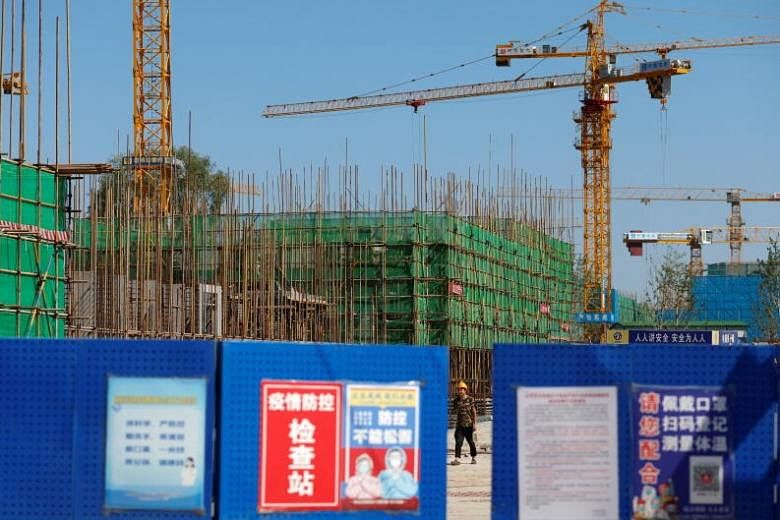As the meltdown of China's second-largest property developer Evergrande plays out in what feels like slow motion, another, broader situation is at play too - the country's painful but essential transition from property as a key driver of growth.
The government is doing all it can to ringfence the debt-ridden Evergrande to prevent contagion in the real estate sector. And while it is unlikely to bail Evergrande out directly, it will make sure small players like construction workers, home buyers, small suppliers and contractors are protected in order to prevent social instability.
Already a subscriber? Log in
Read the full story and more at $9.90/month
Get exclusive reports and insights with more than 500 subscriber-only articles every month
ST One Digital
$9.90/month
No contract
ST app access on 1 mobile device
Unlock these benefits
All subscriber-only content on ST app and straitstimes.com
Easy access any time via ST app on 1 mobile device
E-paper with 2-week archive so you won't miss out on content that matters to you


